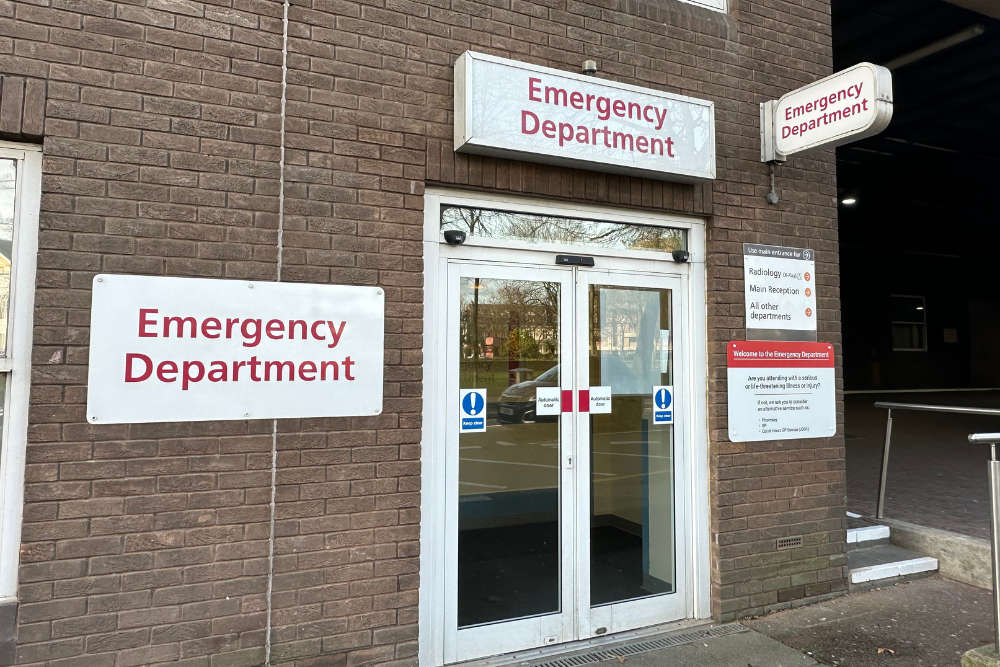
The Director of Public Health is calling for urgent preventative measures to stop Jersey's health services being overrun in the future.
Figures from the government department reveal that, at the rate Jersey's collective health is deteriorating, the island's services will need to provide 43,520 extra GP appointments and find an extra 23,670 hospital bed nights by 2053.
This prediction is due to a number of factors, including an ageing population, but also many people acquiring serious, long-term illnesses in middle age. Public Health says many of these conditions are preventable. 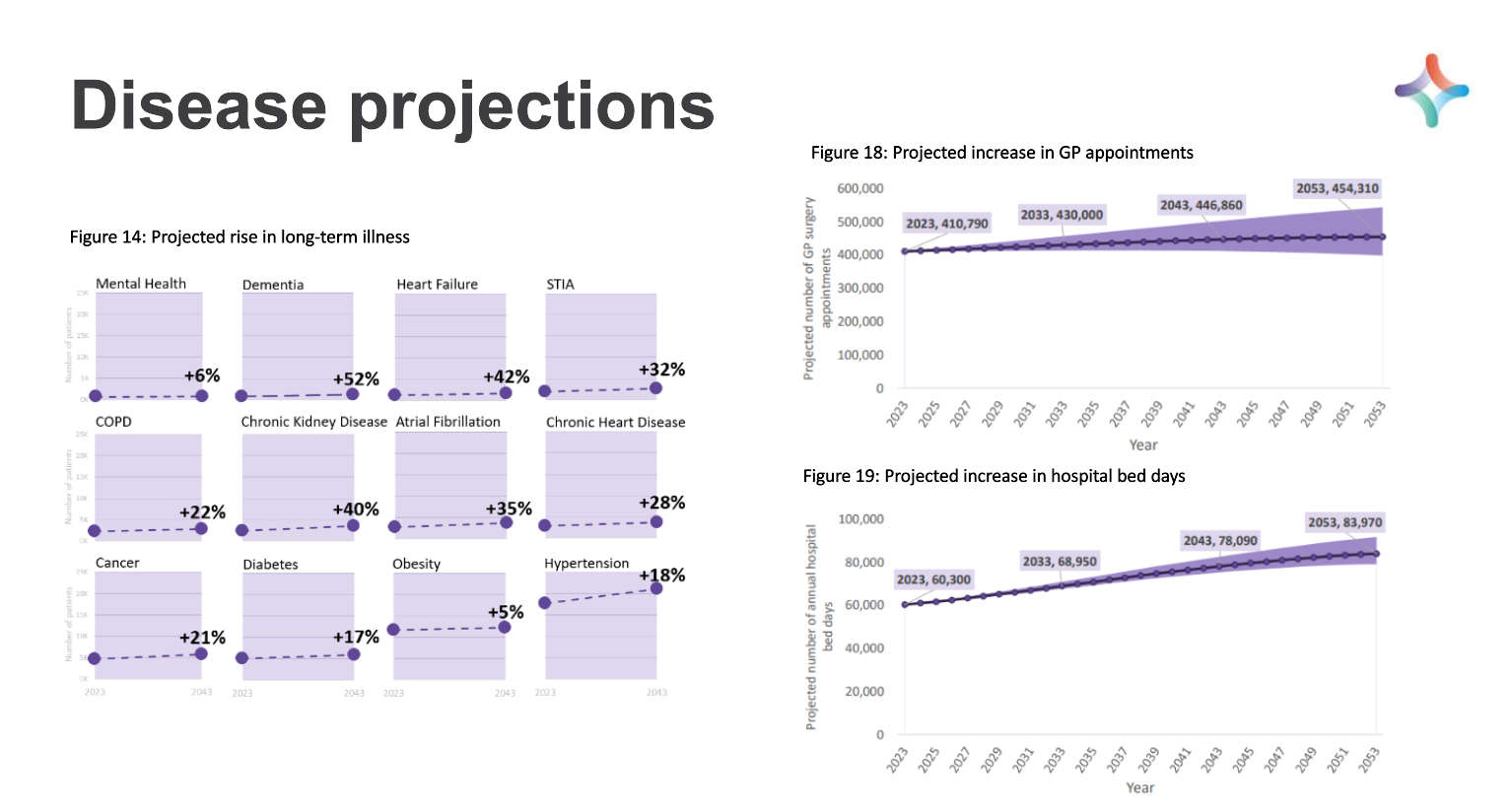
Professor Peter Bradley wants the government to implement a 'systematic programme of prevention' to reduce the projected increase in demand for healthcare and social support services.
The Director of Public Health told Channel 103 what he wants this to look like:
"Diseases like diabetes, heart disease, stroke... are very largely preventable. So a focus on how we prevent those kinds of conditions, which we know are really relatively easy to turn around, would be a great starting point.
"Screening is typically for cancer and that is incredibly important, the contribution of primary care and GPs pharmacists (are important) as well.
"But more than that, it's about supporting people when they wish to access support to have a healthy lifestyle, such as giving people advice on smoking, alcohol intake, how much physical activity they should be undertaking.
"Then there's a broader issue about ensuring that people are living in suitable housing, that they are able to access green spaces, that our schools are given support to keep children healthy."
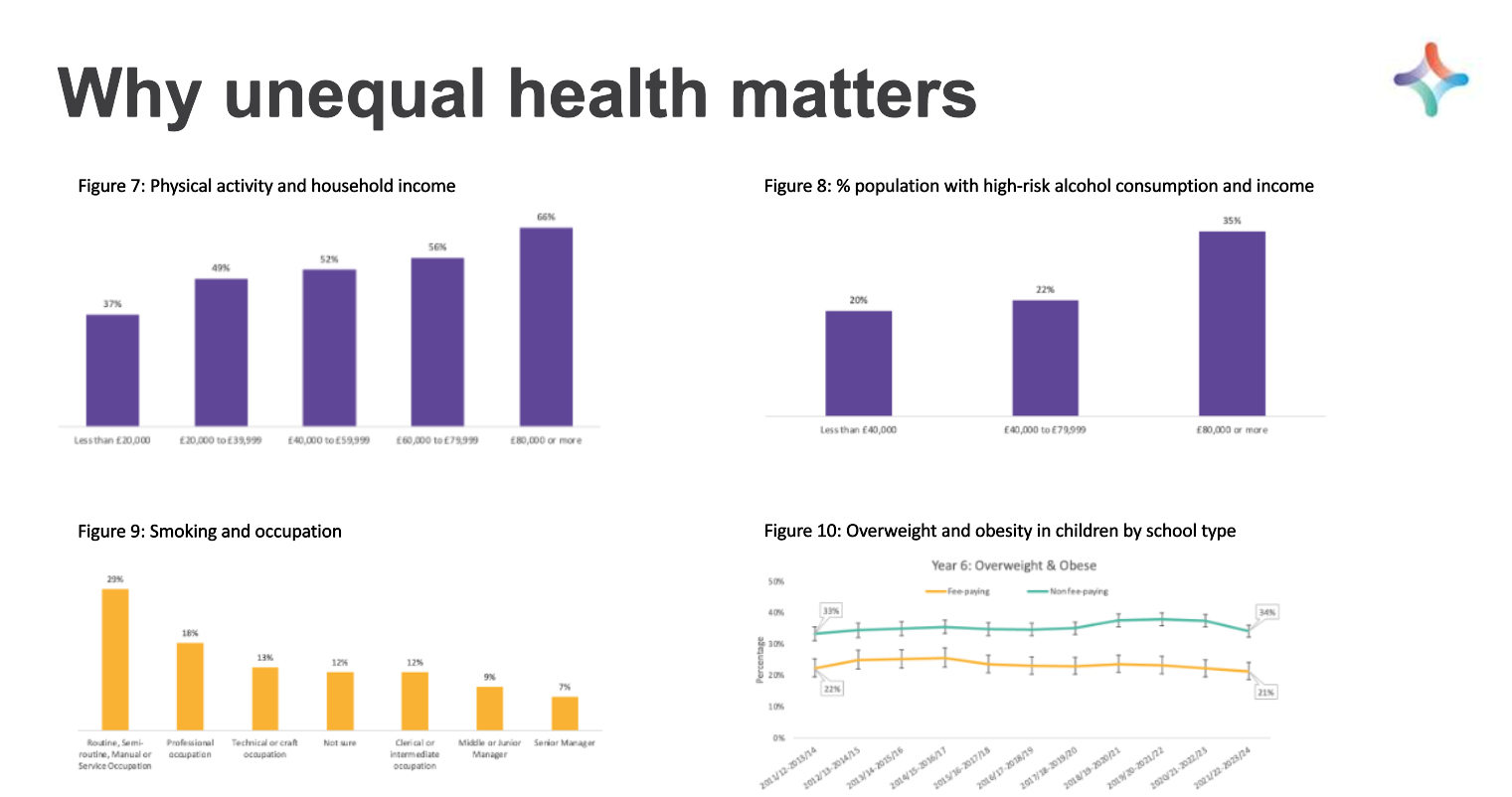
Professor Bradley said he could not put a figure on how much financial investment he would like to see in the island, but it would be worth the money:
"Typically if we spend £1, we will get £14 back. This is new information for government and I'm hoping this will lead to a discussion there."
Those numbers refer to calculations his team has made on the average return on investment for preventative health interventions.
It is anticipated that, if volume of illnesses in the island was reduced by even as little as 1%, Jersey would save a significant amount of money.
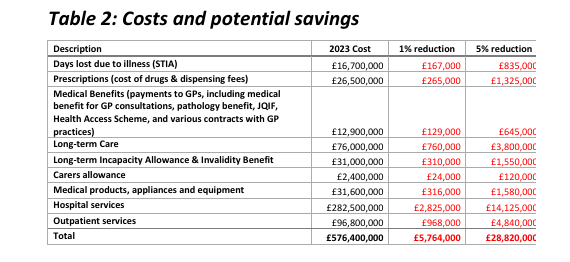


 Two islanders trapped in a lift rescued from sixth-floor fire on the Esplanade
Two islanders trapped in a lift rescued from sixth-floor fire on the Esplanade
 Rooftop bar, climbing wall and concert hall in £110m Fort Regent plans
Rooftop bar, climbing wall and concert hall in £110m Fort Regent plans
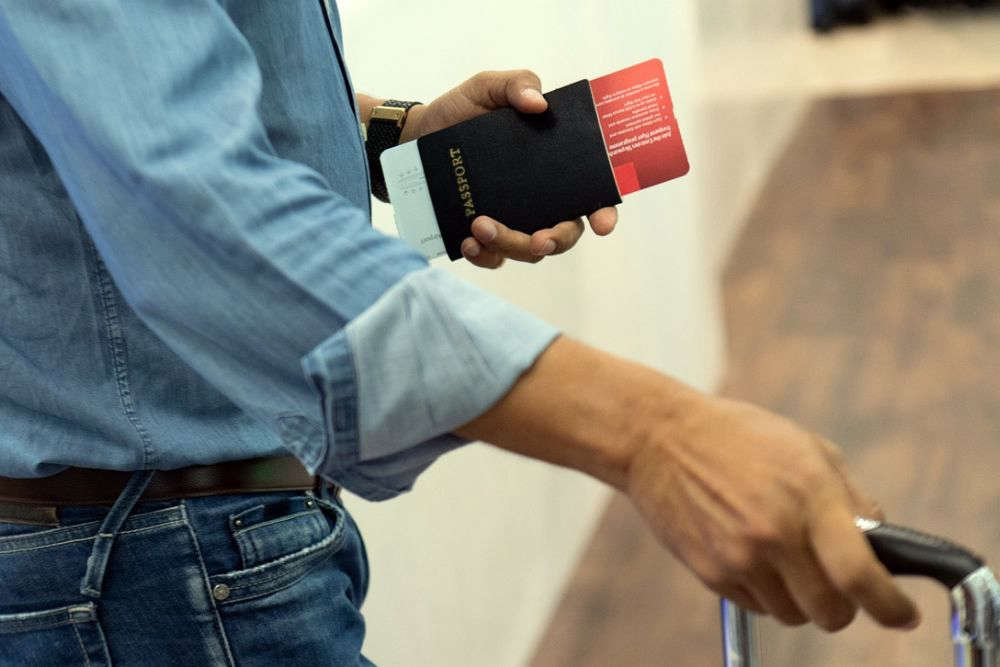 European visitors now need permit for UK entry
European visitors now need permit for UK entry
 Islanders can catch some winter sun with direct flights from Jersey to Tenerife
Islanders can catch some winter sun with direct flights from Jersey to Tenerife
 Islands share De Putron Challenge glory
Islands share De Putron Challenge glory
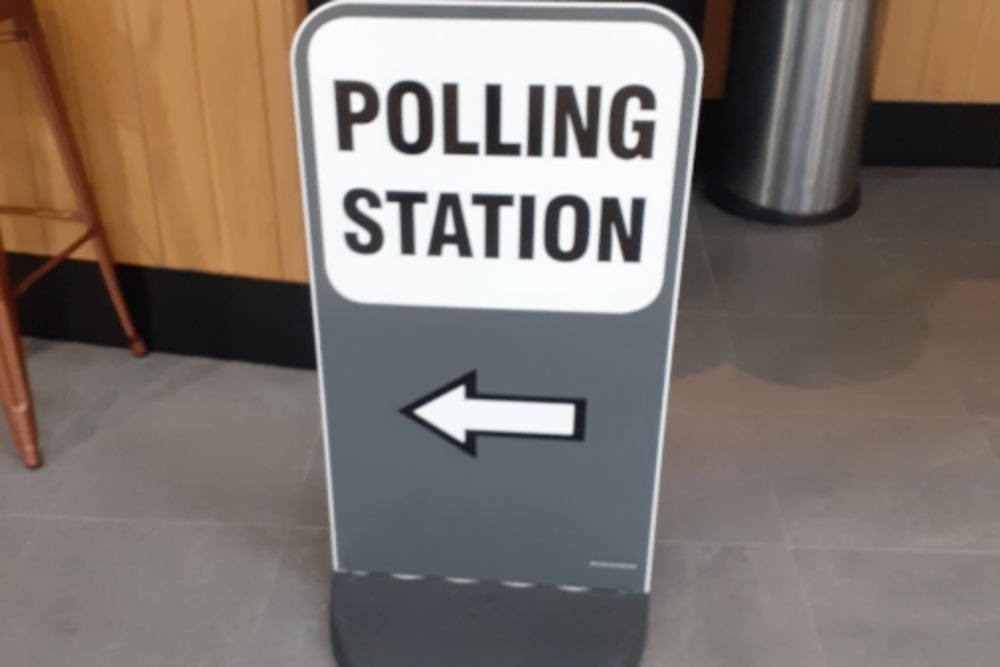 Jersey's next general election will be held on a Sunday
Jersey's next general election will be held on a Sunday
 More schedule changes for Jersey to St Malo ferries
More schedule changes for Jersey to St Malo ferries
 Indefinite treatment order for man who stabbed shop manager
Indefinite treatment order for man who stabbed shop manager

